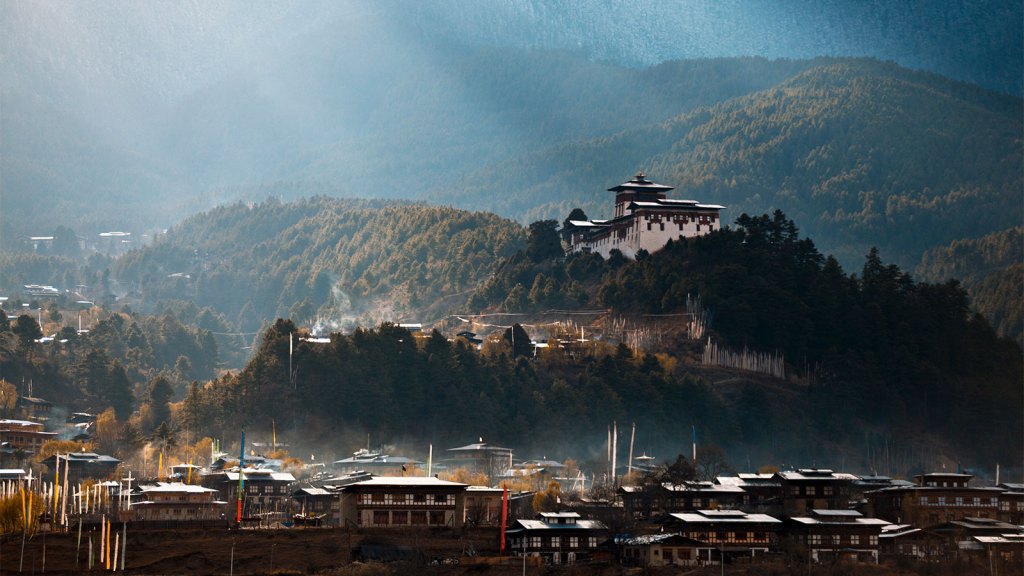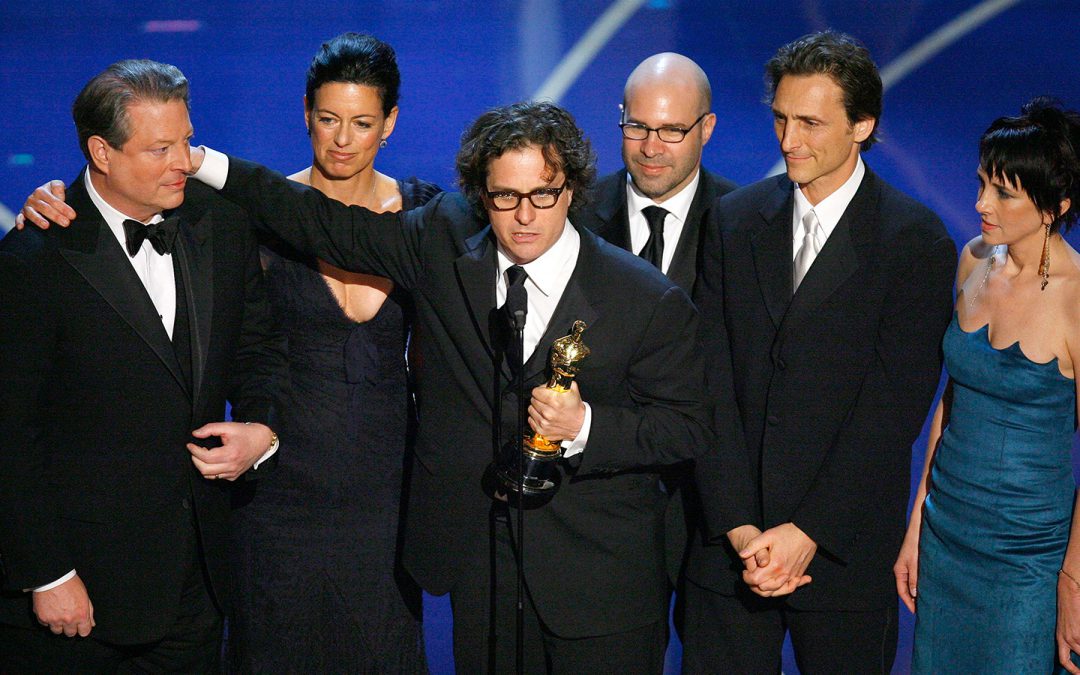
by GaiaInnovations | Feb 14, 2021
The small Himalayan country of Bhutan, mainly known for measuring national happiness instead of GDP, is the only carbon-negative country on the planet. Believe it or not, it has only had one single death from COVID-19. Is that a coincidence?
Madeline Drexler’s new article in the Atlantic, “The Unlikeliest Pandemic Success Story,” dives into the reasons that Bhutan has managed to fare so well against the novel coronavirus while rich countries and middle-income have struggled to keep it in check. The tiny developing country, landlocked between India and Tibet, wasn’t exactly set up for success. It began 2020 with exactly one PCR machine to test for the virus, according to Drexler’s reporting, and one doctor with advanced training in critical care.
Read the article by Kate Yoder on Feb 12, 2021 at Grist:
How one tiny country is beating the pandemic and climate change

by GaiaInnovations | Oct 20, 2016
An Oral History of An Inconvenient Truth
Al Gore got stuck on a scissor lift. Studio execs fell asleep at a screening. And everybody hated the title. The amazing true story of the most improbable — and important — film of our time.
A decade ago, climate change was a huge problem with a small audience. Unless you were among a handful of brave policymakers, concerned scientists, or loyal Grist readers, it’s fair to say the threat of a rapidly warming world took a back seat to High School Musical, MySpace, and whether or not Pluto was a planet (yes, those were all a thing in 2006).
Then, An Inconvenient Truth happened.
Somehow, a film starring a failed presidential candidate and his traveling slideshow triggered a seismic shift in public understanding of climate change. It won Oscars and helped earn Al Gore a share of the Nobel Peace Prize. It injected the issue into policy debates and dinner-table conversations alike.
Did any of this actually “save the world?” OK, you got us. Ten years after the movie’s release, climate change is still a growing threat and a polarizing issue, with record-breaking heat unable to stop skeptics from tossing snowballs on the Senate floor. But we’re also seeing corporate, political, and societal mobilization against the crisis on a scale that would have been hard to imagine 10 years ago, and there’s no question the film played a big part in getting us there…
Interviews by Jennifer Keishin Armstrong, Amelia Urry, Eve Andrews, and Melissa Cronin.
Read the whole article in grist.org.

